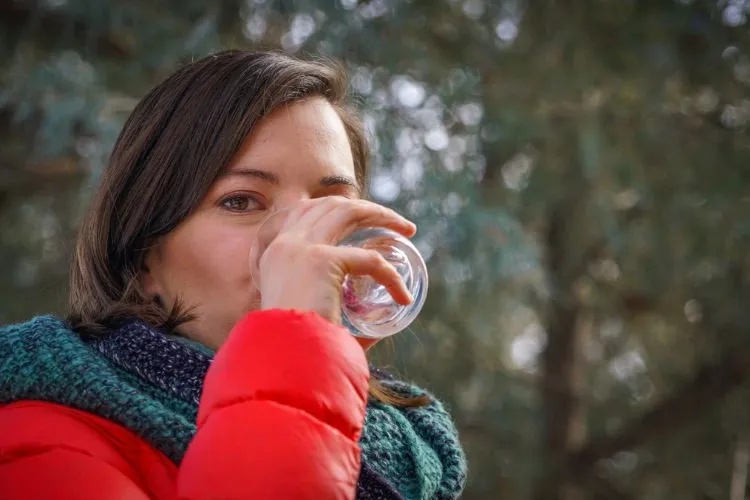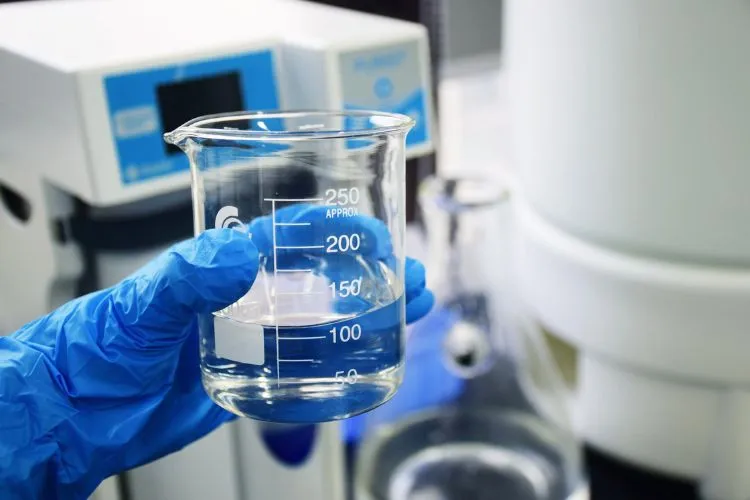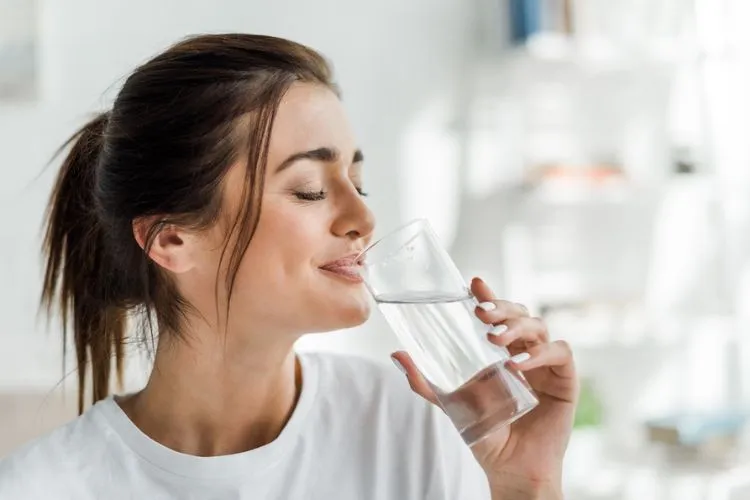Water is an essential resource that sustains all forms of life. Ensuring its safety for human consumption is a top priority for cities across the globe.
Denver, Colorado, known for its beautiful Rocky Mountain backdrop and vibrant urban community, is no exception.
Residents and visitors alike often wonder about the safety of the city’s tap water.
So, is Denver tap water safe to drink for all ages?
This article delves into the details of Denver’s water treatment processes, testing and quality reports, and addresses common concerns about tap water consumption.

💦 Is Denver Tap Water Safe to Drink?
The safety of drinking water is a matter of public health, and the United States takes it seriously.
The Environmental Protection Agency (EPA) has set forth a collection of health-based standards known as the National Primary Drinking Water Regulations.
These regulations set legal limits on the levels of specific contaminants in drinking water, including microorganisms, disinfectants, disinfection byproducts, inorganic chemicals, organic chemicals, and radionuclides.
These standards are in place to ensure that our drinking water does not pose a significant risk to our health over a lifetime of consumption.
The EPA’s guidelines are comprehensive, and any water utility in the country must adhere to these standards to provide water considered safe to drink.
The measurements employed are sensitive and sophisticated, capable of detecting minute levels of potential contaminants.
It’s a system designed to keep the public safe and informed about the water they consume every day.
💦 Denver’s Water Supply
Denver’s water originates from pristine snowmelt and flows through rivers and reservoirs before making its way to homes and businesses.
This natural water undergoes thorough treatment processes to meet and exceed regulatory standards for purity and safety.
The Role of Denver Water
Denver Water, the city’s water utility, is responsible for ensuring that all of Denver’s residents have access to safe drinking water. It oversees the collection, treatment, and distribution of the water.
With state-of-the-art treatment facilities, Denver Water is committed to providing high-quality water to its customers.
The organization takes pride in its multi-barrier approach to water treatment, which includes careful source water selection and protection, robust treatment processes, and a consistent maintenance program for the distribution system.
💦 Testing and Safety Measures
To guarantee the quality of Denver’s drinking water, rigorous testing and safety measures are put in place. These are not just occasional checks but a part of an ongoing program to monitor water quality.

Regular Testing Protocols
Denver Water conducts over 200,000 tests annually, covering over 60 locations throughout the distribution system.
The frequency and scope of these tests exceed the EPA requirements. Regular reports are then published to keep the public informed about the quality of water being supplied.
Types of Contaminants Monitored
From potential microbial pathogens, like giardia and E. coli, to inorganic chemicals like lead and arsenic, numerous types of contaminants are carefully monitored.
The water is also tested for any radiological elements that could pose risks to human health.
Compliance with National Safety Standards
Denver Water not only complies with national safety standards but often proactively sets even stricter local standards.
One illustrative program is the Lead Reduction Program, which aims to replace thousands of lead service lines at no direct charge to the customer.
This proactive stance on water safety exemplifies the public service commitment of Denver Water.
💦 What the Reports Say
Transparency is a cornerstone of public trust in water quality. Denver Water’s reports provide detailed insights into the safety and quality of the drinking water provided.
Insights from the Most Recent Water Quality Report
The most recent Water Quality Report by Denver Water reaffirms that the water meets all EPA and Colorado Department of Public Health and Environment (CDPHE) standards. It is updated annually and is a testament to the safety and cleanliness of Denver’s tap water.
💦 Common Concerns and Misconceptions
There are numerous concerns and misconceptions surrounding the safety of tap water in comparison with bottled water, particularly in urban areas.
Tap Water vs. Bottled Water in Denver
In metropolitan centers like Denver, some residents may perceive bottled water as a cleaner or safer alternative. However, Denver’s tap water is subject to more stringent regulation and frequent testing than most bottled water companies.
Impact of Old Plumbing on Water Quality
Another concern is the potential impact of old plumbing in homes on water quality. It is true that household plumbing can affect the quality of the water coming from the tap.
Denver Water advises residents to flush their taps if the water has not been used for several hours, which can help maintain water quality by replacing stagnant water with fresh water from the main.
💦 Enhancing Your Drinking Water Experience
While the safety of Denver’s tap water has been clearly established, some individuals may have preferences when it comes to the taste or aesthetic quality of their drinking water.

Tips for Further Purifying Tap Water
For those looking to further enhance the purity of their tap water, home filtration systems can be a great option. Simple carafe or faucet-mounted filters are widely available and can remove additional contaminants and improve the taste of water.
Recommendations for Taste Improvement
If taste is the primary concern, simple solutions like chilling tap water before drinking or using a pitcher with an activated carbon filter can make a significant difference.
These measures can greatly enhance the taste of water by reducing chlorine and other trace elements that could impact its flavor.
💦 Frequently Asked Questions (FAQs)
Is it necessary to filter Denver tap water before drinking?
While Denver’s tap water meets all regulatory safety standards and is safe to drink straight from the tap, some individuals choose to use filters for personal taste preferences or as an extra precaution.
How often does Denver Water test the water quality?
Denver Water conducts more than 200,000 tests all over the distribution system annually, which allows them to assure the highest water quality and safety throughout the year.
What should I do if I notice a change in taste or smell in my tap water?
Should you detect any changes in your tap water, it is recommended to contact Denver Water directly. They provide guidelines and testing to address and resolve any issues swiftly.
Conclusion:
Denver’s tap water is a product of meticulous management and rigorous safety standards. It is safe, clean, and among the best in the nation regarding its quality.
The city is committed to ensuring that this invaluable resource remains pure and ample for current and future generations.

Devon Shorts, a seasoned expert with over a decade of experience in water safety, shares valuable insights on this blog “Aqua Safety Plus”. Trust his expertise to keep your water clean and your family safe.
